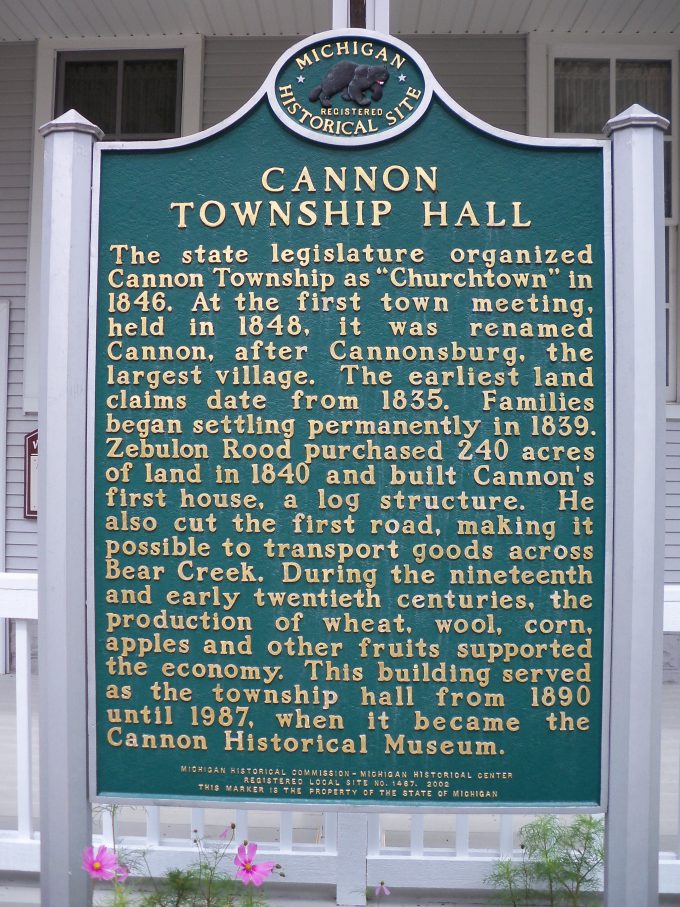
Sunday, 26 March 2017
He is the image of the invisible God, the firstborn over all creation. Colossians 1:15
Words have meaning, and those words cannot be disassociated from the context of what is being said without destroying the intent of the author. Paul’s words in this verse, and in the verses to come, are precise. They are intended to cut through heresies which were already being introduced concerning Christ Jesus at that early date. In order for those at Colossae, and all believers in all ages since then, to understand proper Christological doctrine, he now writes these words about Jesus Christ.
He says that “He is the image of the invisible God.” The word is eikon. It is a word which “assumes a prototype, of which it not merely resembles, but from which it is drawn.” It is then “More than a ‘shadow,’ rather it is a replication” (HELPS Word Studies). This replication reflects what it is replicating for us to understand. There is a stress on the words “the invisible God” to lead us to grasp that Jesus Christ is revealing that which would otherwise be unknown.
God’s perfections and His very Being are seen in Christ, being completely and accurately displayed in Him. This is explained in several different ways in the Bible. A few examples are –
“No one has seen God at any time. The only begotten Son, who is in the bosom of the Father, He has declared Him.” John 1:18
“He who has seen Me has seen the Father.” John 14:9
“I and My Father are one.” John 10:30
What is being conveyed to us is that God is, but we cannot see Him. In order for us to understand Him in an intimate and personal way, He united with His creation in the womb of Mary, coming as Christ Jesus. Therefore, He is the image, or replication, of what we could otherwise not see. He explains the Father to us because He is one with the Father, having come from the Father. The choice of wording Paul gives here, and the many references elsewhere in Scripture are calling out for us to believe that Jesus Christ is God, nothing less. When referring to God, Hebrews 1:3 calls the Son “the brightness of His glory and the express image of His person.” Paul repeats this in 2 Corinthians 4:4. God is, and Jesus is God.
Paul next notes that He is “the firstborn over all creation.” The term is prototokos, coming from two words, prótos – “first” or “preeminent,” and tiktó – “bring forth.” As the scholar Bengel notes, “The pro, which is contained in prototokos, governs the genitive ktiseos. Time is an accident of the creature. Therefore the origin of the Son of God precedes all time.” In other words, Paul is not saying that Jesus is the Firstborn of all that is created, but He is the Firstborn prior to all that is created; He is eternal, having issued from the Father, and having preceded time itself.
Vincent’s Word Studies notes that, “As image points to revelation, so first-born points to eternal preexistence.” This is logically supported by the words coming in the next verse. If this were not true, then Paul could not continue on with what he will next say, and yet he will. Further, the pattern used here in Colossians 1 is repeated in Hebrews 1 and John 1, showing that it is not a mistake by Paul, but it is rather logical and proper. There is Christ, and then there is creation which follows. Logically, Christ then is God, having issued from the Father prior to the creation of time itself.
Life application: To rob Jesus Christ of His deity is to rob God of His glory. All of the work of Jesus Christ would be ascribed to a created being, but Scripture clearly shows that salvation is of the Lord, not of a creature created by Him. If you do not accept the deity of Jesus Christ, you call God a liar. The word is clear and unambiguous concerning Jesus’ deity. If you disbelieve, the error is not with the word, but with you. Stop listening to whatever cult you have been trained by, and accept the Word of God alone.
I believe that Jesus Christ is Lord. Amen.




